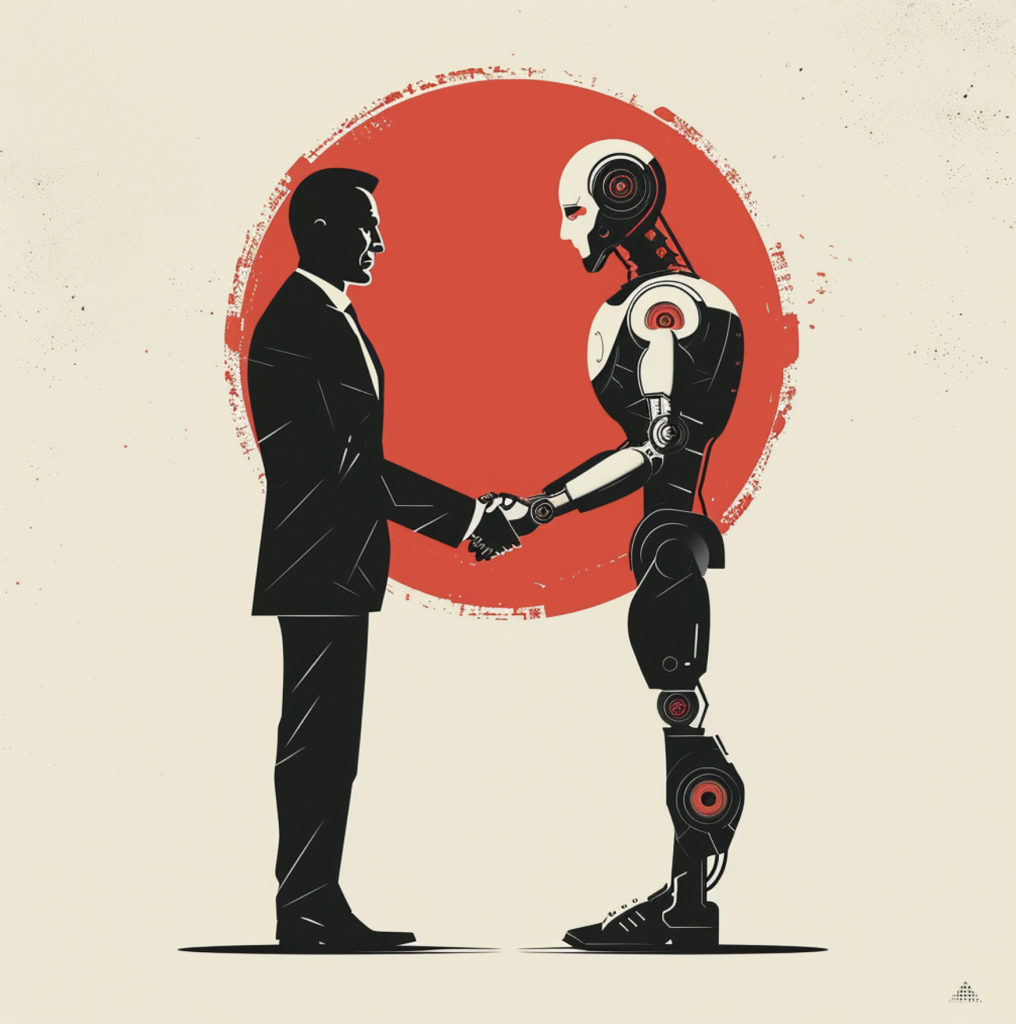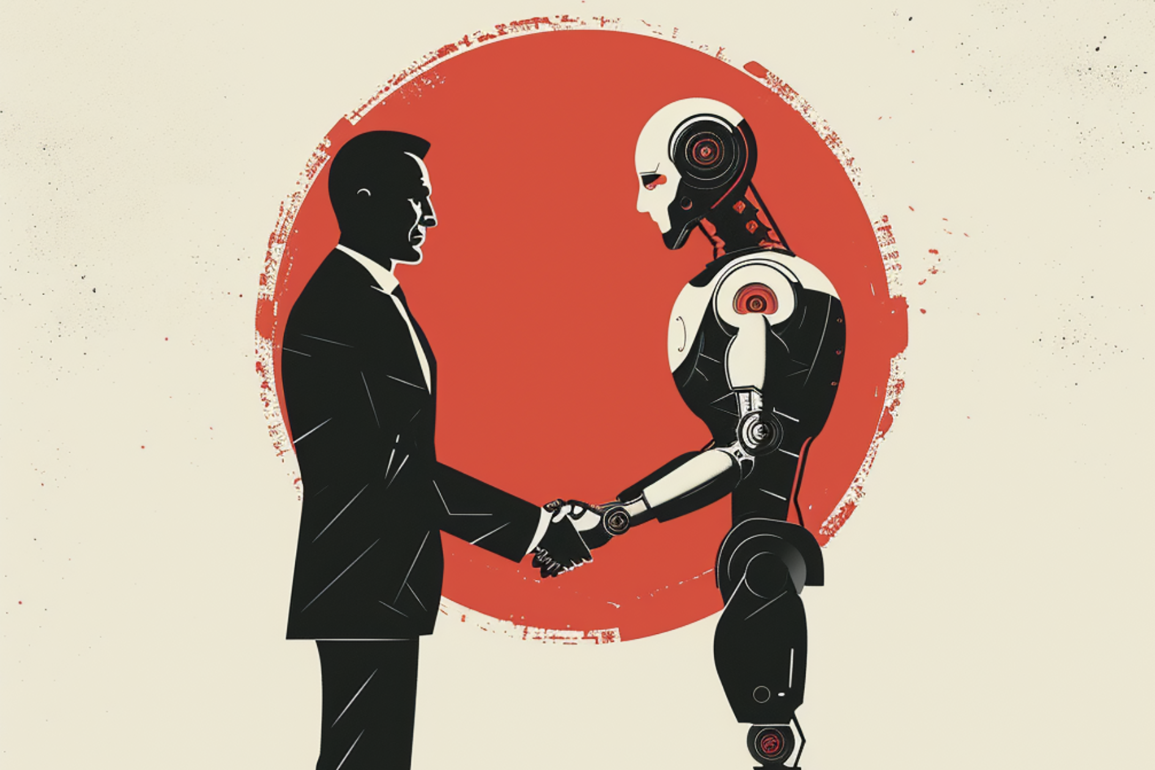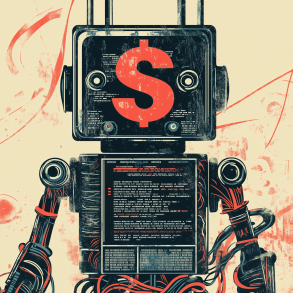International consulting firm PwC has announced the appointment of its first US chief AI officer: Dan Priest, a long-time partner at the company. Priest has led efforts on cloud and digital transformation strategy and previously served as a CIO before joining PwC over a decade ago.
“The role is decidedly client- and market-focused, although it includes the full scope of our business, and so our number one priority is to make sure that we’re trusted partners for our clients as they navigate this complex AI landscape,” Priest said.

As CAIO, Priest will oversee PwC’s assurance, tax, and advisory businesses, enhancing existing services and developing new ones as AI technology evolves. “We believe AI is becoming intrinsic, and so it’ll become a natural part of everything we make and everything we do, and so we’re engineering it into our back office, we’re engineering it into our ways of working, and I will be guiding those efforts as well,” he added.
PwC already collaborates with major AI industry players, including a notable partnership with OpenAI established in May. Priest’s blend of technological expertise and business strategy positions him well to drive corporate AI transformation, which requires strategic planning and implementation beyond the technology itself.
“We think it goes beyond a technology play. We think it’s intrinsic to next generation business strategies, and the winners are going to be the ones who know how to change their [operational] models,” he explained. As a former CIO, Priest also brings valuable insights to his new role.
Priest’s appointment to the C-suite at PwC reflects a broader trend in corporate America, where more executives are tasked with overseeing AI adoption. According to a recent report from Foundry, 15% of enterprise companies have already named a chief AI officer, and another 24% are looking to fill that role.

CAIOs play a crucial role in integrating AI technology responsibly and effectively across organizations. Priest emphasized the importance of having a senior leader to coordinate AI-driven transformation due to its wide-reaching impacts. “The very clear reason for why we thought it was necessary to have a chief AI officer is the impact and the potential to our business,” Priest said. “When we looked at how we expected AI to impact our financial performance, and what we were able to do for clients, there’s both important threats and really big opportunities that need to be responsibly managed.”









